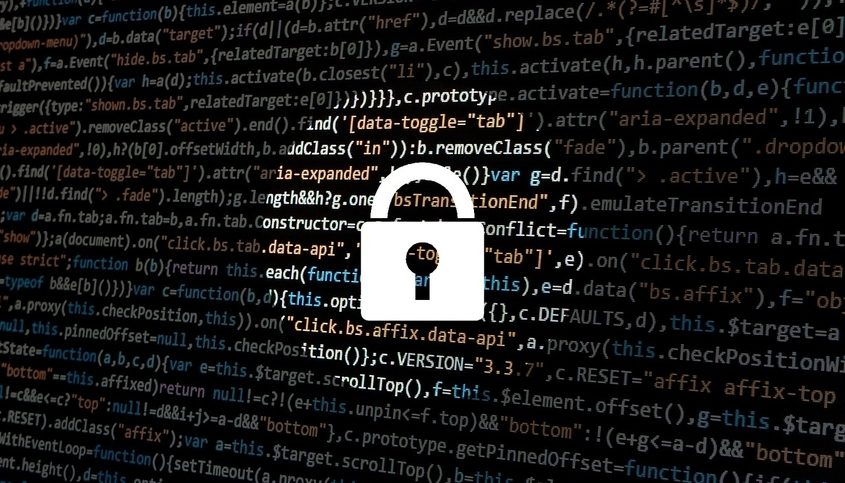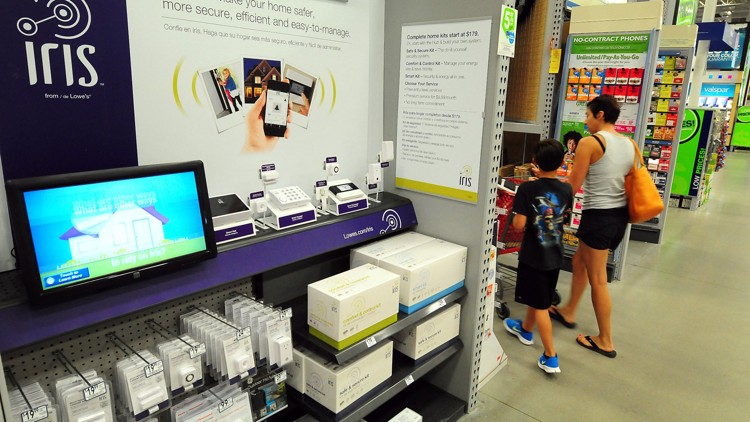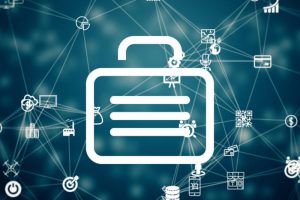Cybersecurity is an ongoing concern for many, especially with the proliferation of Internet of Things (IoT) technologies. The importance of securing IoT is increasingly evident, as seen during the Internet of Things Global Summit earlier this month, as well as the recent IoT cybersecurity law passed in the state of California, for the first time ever in the U.S.
The bill was introduced last year and passed the state senate in late August. The law covers “smart” devices.
Source: The Race to IoT Security | iHLS










